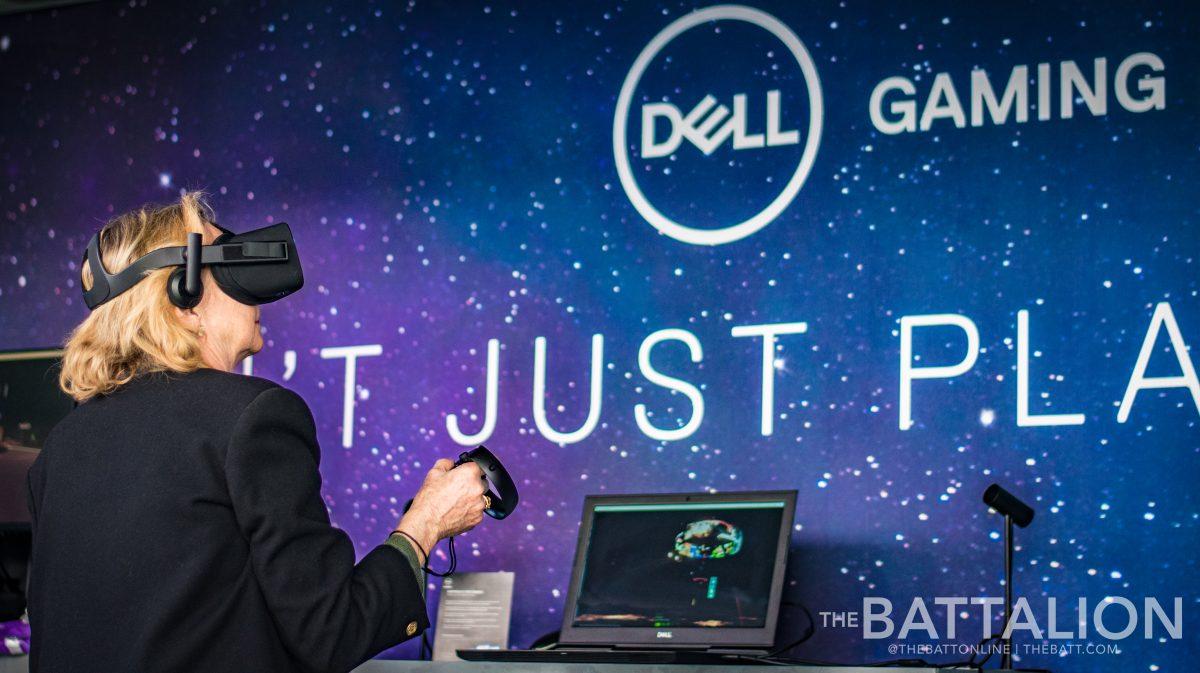When it comes to the world of science, discoveries and breakthroughs are made every day. To help you keep up with them, The Battalion compiles a few of the most compelling scientific stories from the past week.
Psychology: A short jog is better for the mind than a short break
A new study of over 100 undergraduate students shows that a 15-minute jog is better for the mind than 15 minutes of relaxation. Scientists asked the student participants to go for a jog and then complete a cognitive test. Another group of students answered the same questions, but spent their time relaxing before the test.
The students who went for a jog saw significant improvement in mental speed and attentional control. The group also felt more energetic going into the test. The study has its limitations because the relaxed group stayed indoors and the joggers were outdoors, and this difference could have altered the results. Scientists will continue to research to see how exercise can increase cognitive function.
Environment: Forests with a diverse mix of trees can absorb significantly more carbon than areas with one species
New research in eastern China has found that forests with a diverse mix of trees can absorb more than twice as much carbon than areas with just one species of trees. Over 150,000 trees were planted in the Jiangxi province in 2009 for the study, and in the eight years that followed researchers found an average of 32 metric tons of carbon per hectare were absorbed in the forest.
This is in contrast to single-species forests, which only capture 12 metric tons of carbon per hectare. The scientists who conducted the study believe a greater diversity of trees planted in single areas can lead to greater greenhouse gas absorption and can help lead the fight against climate change.
Technology: VR is submerging patients in virtual worlds to help conquer fears
Using virtual reality to fight patients’ fears has yielded successful initial results. The study let 100 patients with a self-reported fear of heights enter a virtual world and face it without any consequences.
Each person in the group saw a fear level of 29 or higher on the Heights Interpretation Questionnaire (HIQ). After four weeks of treatment in the VR simulation and a mean total treatment time of 124 minutes, the group’s fear level decreased 24.5 points versus the drop of 1.2 points that resulted from normal face-to-face therapy. By pinpointing how VR helped this test group, researchers are searching for ways VR can consistently reduce fears and help with a larger variety of mental health conditions.
Exercise, trees and virtual reality: This Week in Science
October 10, 2018
Photo by Photo by Jesse Everett
The virtual reality market has experienced major growth in the last couple years and researchers are beginning to explore its potential uses in the medical field.
0
Donate to The Battalion
Your donation will support the student journalists of Texas A&M University - College Station. Your contribution will allow us to purchase equipment and cover our annual website hosting costs.
More to Discover








